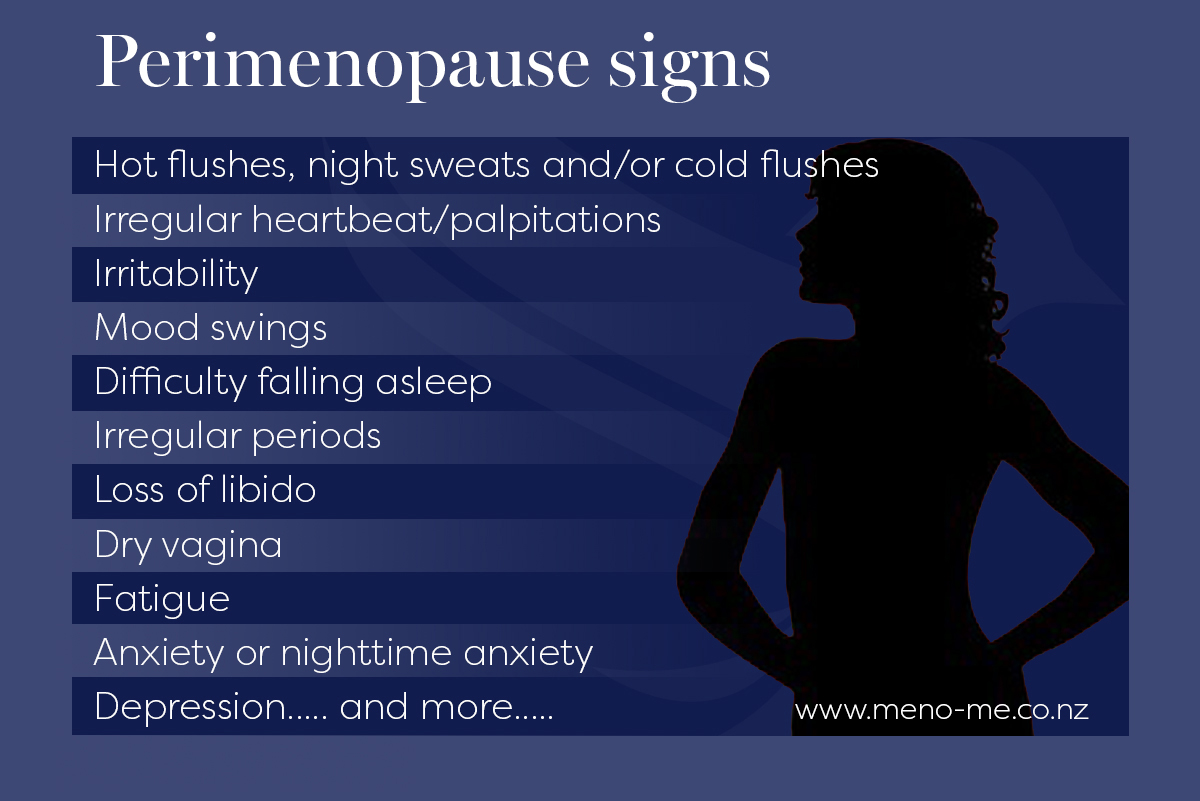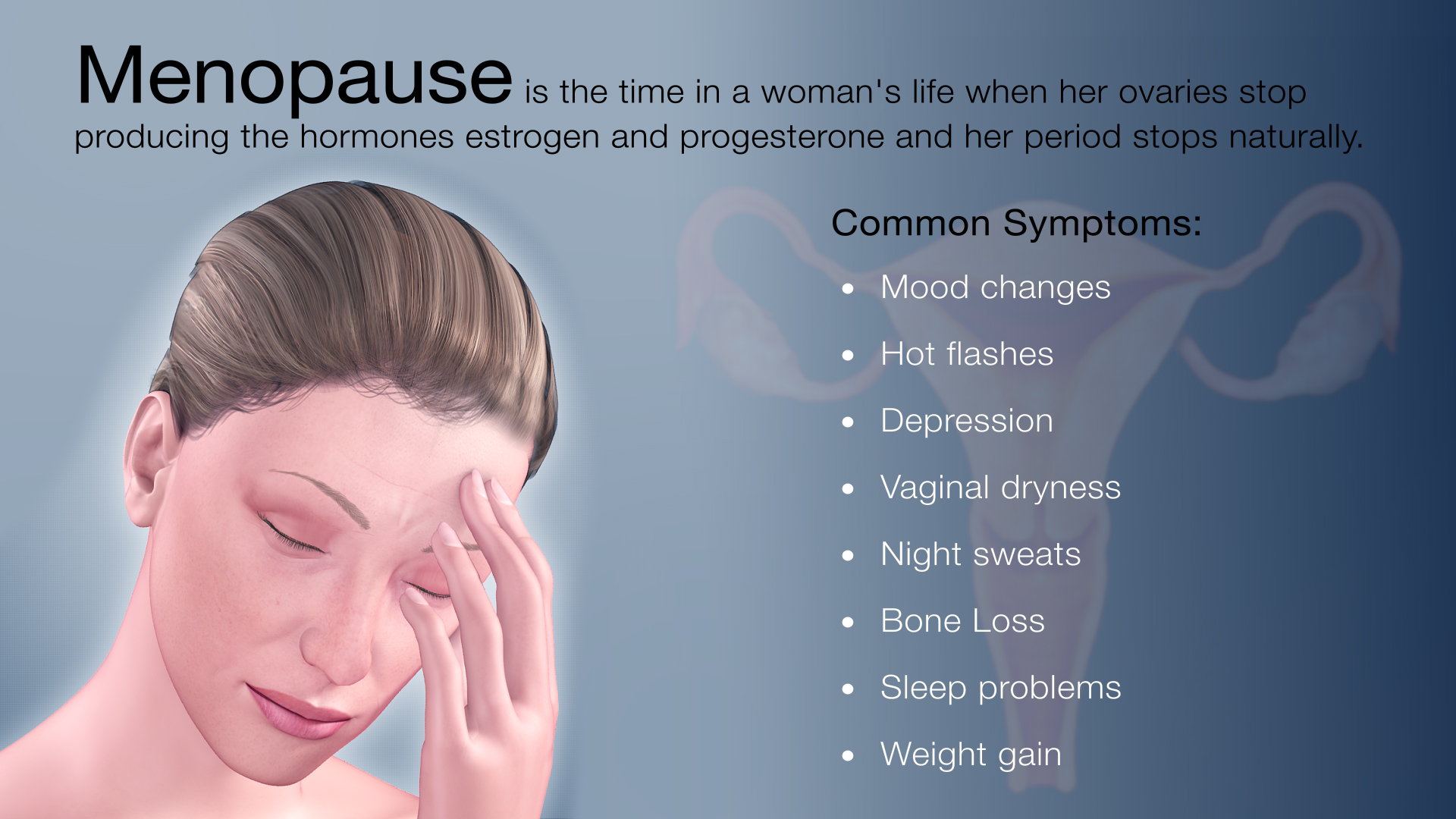Beginning symptoms of menopause mark a significant transition in a woman’s life, often bringing a range of physical and emotional changes. Understanding these early signs is crucial for navigating this phase with confidence and ease.
From hot flashes and night sweats to mood swings and sleep disturbances, the onset of menopause can be a multifaceted experience. By recognizing the common symptoms and their potential impact, women can proactively manage their health and well-being during this time.
Common Early Symptoms
Menopause, the natural cessation of menstruation, is a gradual process that can begin years before a woman’s final period. During this transition, known as perimenopause, many women experience a range of physical and emotional symptoms that can vary in severity and duration.
The most common early symptoms of menopause include:
- Irregular periods: This is one of the first and most noticeable signs of perimenopause. Periods may become more frequent, less frequent, or shorter or longer than usual.
- Hot flashes: Hot flashes are sudden feelings of heat that spread over the body, often accompanied by sweating, flushing, and a rapid heartbeat. They can be triggered by various factors, such as stress, caffeine, or spicy foods.
- Night sweats: Night sweats are similar to hot flashes but occur during sleep. They can be disruptive and lead to poor sleep quality.
- Mood swings: Mood swings are common during perimenopause and can range from irritability to anxiety or depression. They can be triggered by hormonal changes or other factors related to menopause.
- Sleep disturbances: Sleep disturbances, such as insomnia or difficulty falling asleep, are common during perimenopause. They can be caused by hot flashes, night sweats, or hormonal changes.
These symptoms can significantly impact a woman’s daily life, affecting her work, relationships, and overall well-being.
Browse the multiple elements of ways to promote ecotourism to gain a more broad understanding.
Variations in Symptom Onset: Beginning Symptoms Of Menopause
Menopause typically begins between the ages of 45 and 55, with an average age of 51. However, there is considerable variation in the timing of symptom onset, which can be influenced by several factors.
Age of First Menstruation
Women who experience their first menstrual period (menarche) at a younger age tend to enter menopause earlier. This is because the ovaries have a finite number of eggs, and those who start menstruating earlier have a shorter supply.
Genetics
Menopause onset can also be influenced by genetics. Women with a family history of early menopause are more likely to experience it themselves.
Lifestyle Factors
Certain lifestyle factors, such as smoking and obesity, can also affect the timing of menopause. Smoking has been associated with earlier menopause, while obesity has been linked to later menopause.
Medical Conditions
Certain medical conditions, such as autoimmune disorders and thyroid disease, can also affect the timing of menopause. Women with these conditions may experience menopause earlier or later than average.
Individual Differences
Even among women who share similar characteristics, there can be significant individual differences in the timing and severity of menopause symptoms. Some women may experience only mild symptoms, while others may have more severe symptoms that interfere with their daily lives.
Do not overlook explore the latest data about ecotourism in tanzania.
Duration and Progression
Menopause symptoms typically last between 4 and 10 years, with an average duration of around 7 years. However, some women may experience symptoms for a shorter or longer period.
You also can investigate more thoroughly about describe sustainable development to enhance your awareness in the field of describe sustainable development.
The intensity of symptoms can vary over time. In the early stages of menopause, symptoms may be mild and intermittent. As hormone levels decline further, symptoms may become more severe and frequent. After menopause, symptoms typically gradually subside.
Potential for Recurrence
In some cases, symptoms may return or worsen after menopause. This can occur if hormone levels fluctuate or if other factors, such as stress or lifestyle changes, trigger symptoms.
Lifestyle Management
Menopause symptoms can be managed effectively through lifestyle changes. Dietary modifications, exercise recommendations, and stress-reducing techniques can alleviate discomfort and improve overall well-being.
Understand how the union of lose weight strength training can improve efficiency and productivity.
Adopting a healthy lifestyle can help reduce the severity and frequency of menopause symptoms. Simple changes can make a significant difference in managing hot flashes, mood swings, and other discomforts associated with menopause.
Dietary Modifications
- Consume a balanced diet:Include plenty of fruits, vegetables, and whole grains in your daily meals. These foods are rich in vitamins, minerals, and antioxidants that support overall health and well-being.
- Limit processed foods:Processed foods often contain high levels of unhealthy fats, sodium, and sugar, which can worsen menopause symptoms.
- Reduce caffeine and alcohol intake:Caffeine and alcohol can trigger hot flashes and other menopause symptoms. Limiting their consumption can help reduce discomfort.
Exercise Recommendations
- Engage in regular exercise:Regular exercise helps reduce stress, improve mood, and boost energy levels. Aim for at least 30 minutes of moderate-intensity exercise most days of the week.
- Choose low-impact activities:Low-impact activities such as walking, swimming, or yoga are less likely to aggravate joint pain or other menopause-related discomfort.
- Incorporate strength training:Strength training helps build muscle mass, which can improve bone density and reduce the risk of osteoporosis.
Stress-Reducing Techniques
- Practice relaxation techniques:Relaxation techniques such as deep breathing, meditation, or yoga can help reduce stress and improve sleep quality.
- Get enough sleep:Sleep deprivation can worsen menopause symptoms. Aim for 7-8 hours of quality sleep each night.
- Seek professional help if needed:If lifestyle changes are not sufficient to manage menopause symptoms, consider seeking professional help from a healthcare provider or therapist.
Medical Interventions
Medical intervention for menopause symptoms is considered when non-pharmacological approaches, such as lifestyle changes, are insufficient to alleviate symptoms or when symptoms significantly impact a woman’s quality of life.One common medical intervention is hormone replacement therapy (HRT), which involves administering synthetic hormones to supplement the declining levels of estrogen and progesterone in the body.
HRT can effectively alleviate a range of menopausal symptoms, including hot flashes, night sweats, vaginal dryness, and mood swings.
Types of HRT, Beginning symptoms of menopause
* Estrogen-only therapy: This involves taking estrogen alone, either orally, transdermally (through a patch), or vaginally. It is commonly used to treat vaginal dryness and other urogenital symptoms.
Estrogen-progestin therapy
This combines estrogen with a progestin (a synthetic form of progesterone) to protect the uterus from the potential risks of estrogen-only therapy. It is typically used for women with an intact uterus.
Tibolone
This is a synthetic steroid that has both estrogenic and progestogenic effects. It is an alternative option for women who cannot tolerate traditional HRT.
Benefits and Risks of HRT
Benefits:* Effective in alleviating menopausal symptoms
- May reduce the risk of osteoporosis
- May improve cognitive function
- May reduce the risk of heart disease (in some studies)
Risks:* Increased risk of breast cancer (with estrogen-only therapy)
- Increased risk of blood clots
- Increased risk of stroke
- Increased risk of endometrial cancer (with estrogen-only therapy)
The decision to undergo HRT should be made in consultation with a healthcare professional, considering individual risk factors and the severity of symptoms. Regular monitoring is necessary to assess the effectiveness and safety of HRT.
Wrap-Up
The journey through menopause is unique for each individual, with varying symptom profiles and durations. By embracing a holistic approach that combines lifestyle modifications, medical interventions when necessary, and emotional support, women can navigate this transition with grace and resilience.
Detailed FAQs
What is the average age of menopause onset?
The average age of menopause onset is around 51 years old, but it can vary widely from woman to woman.
Can menopause symptoms return after menopause?
Yes, some women may experience a return or worsening of symptoms after menopause, particularly if they have undergone hormone replacement therapy.
What lifestyle changes can help manage menopause symptoms?
Lifestyle changes that can help manage menopause symptoms include maintaining a healthy weight, engaging in regular exercise, eating a balanced diet, and managing stress.



